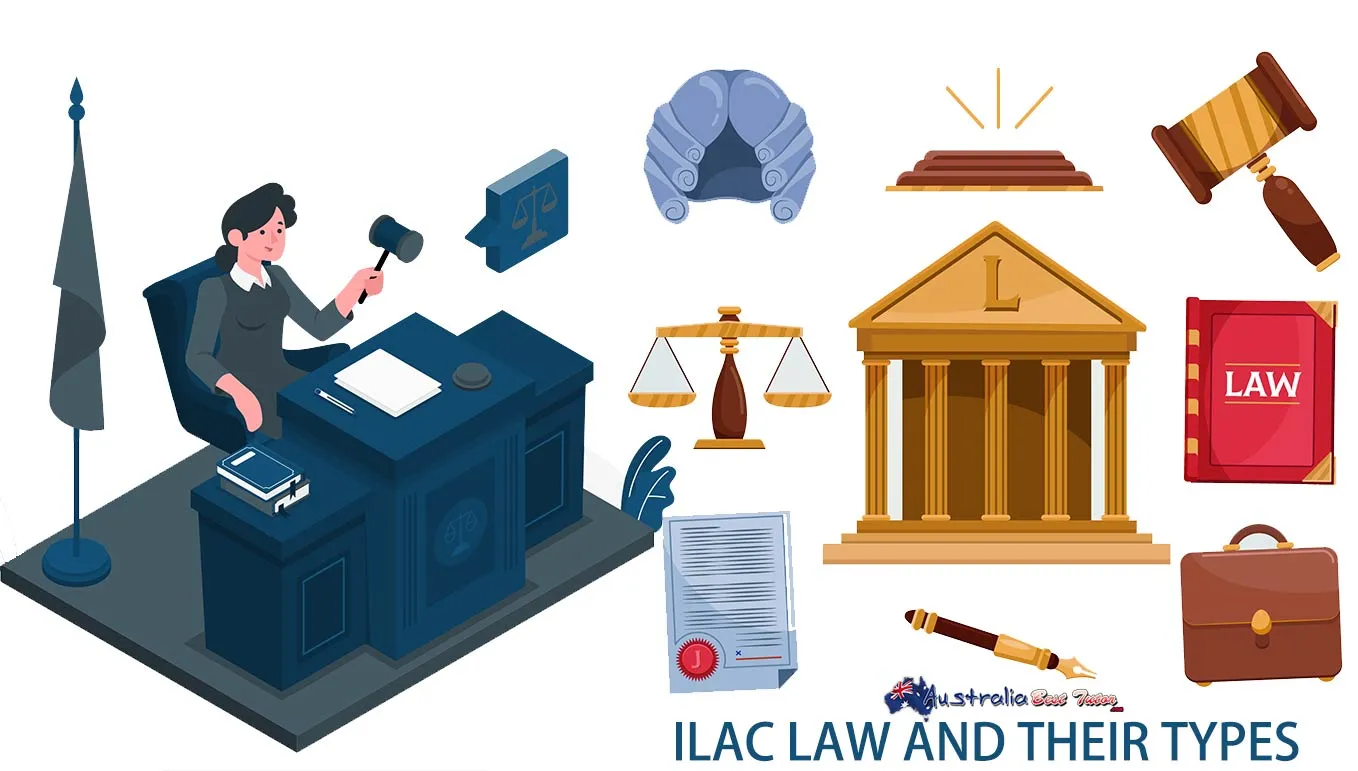ILAC LAW AND THEIR TYPES
ILAC method scared vessel for the students of law. This is an abbreviation of Issue, Law, Application, and conclusion. Sometimes it is cited as FLAC which means Fact, Law, Application and conclusion and another one is IRAC which stands for Issue, Rule, Application and Conclusion. The crucial part of this method is to how all of these apply in the problem of legal.

A liquidator can demand payment lawfully from a borrower or a group that is taking payment or a benefit from an organization that sustains eliminated or liquidated thereafter. When an organization owes finance to an organization that is sustained liquidation, and then the liquidator or a receiver can recuperate the payment the borrower organisation has taken before the organisation (the debtor) goes under the winding up or liquidation. The person when up the affairs of an organization will profess that the deals in the transaction were undoable and the undoable types of undoable transaction profess generally continued by the liquidators comprise the “unfair preference claims” and the second claim is an uncommercial transaction. These claims are elaborated under the Australian accounting 588 FA and 588 FB of the corporation Act 2001.
Unfair Preference
Under the section Australian Accounting 588 FA of the corporation Act 2001, the occurrence of an unfair preference is:
- There is an unsecured loan that is owed by the organization of a debtor to the organization of a creditor.
- The organisation those are under the liability and the creditor entering into a deal, which may or may not include the remittances of some or whole of the unsecured credit or debt.
- The acceptance of the payment of the company’s creditor outcome in it accepting is more than as compared to the it would have accepted if the organisation in liability would have been in winding up and the liquidator of the organisation would have paid the amount of dividend to the unsecured creditors.
Section 588 FC of the corporation Act considered a transaction deal to be an insolvent deal transaction when payment is done by the debtor organisation in the organisation fetching an insolvent organisation. These payments are called unfair Preferences.
Uncommercial Transaction
As per the Australian Accounting section 588 FB of the corporation Act 2001, an uncommercial transaction deal is a transaction that is initiated by an organisation that a sensible person would not have to undertake into if they would have in the same type of situation. The unaccommodating of the deal may or may not be relied on the assistance of an organisation of entering into the transaction deal, the assistance that any other parties or group of the deal would have accepted or any other pertinent matter. A liquidator of the organisation will also have the ability or the capacity to get the court to nullify these types of such transactions under the Act 2001.
Moreover, the uncommercial transaction deal may or may not be a case where the law or court has not searched out the assistance was carried by an organisation from a transaction deal or when the deal outcome in undeniable assistance to an organisation that could not be elaborated by the general commercial practices.
According to section 588 FB of the corporation act 2001, a deal of an organisation is called an uncommercial transaction of an organisation if, and only if, it may or may not be assumed that a rational person in the circumstances of the organisation would not be initiated into the deal having considered to:
- The assistance to the organisation of entering into the deal
- The disadvantage to the organisation of entering into the deal
- The respective assistance to other groups or parties to the deal of entering into it
- Some other subsequent or relevant matter.




